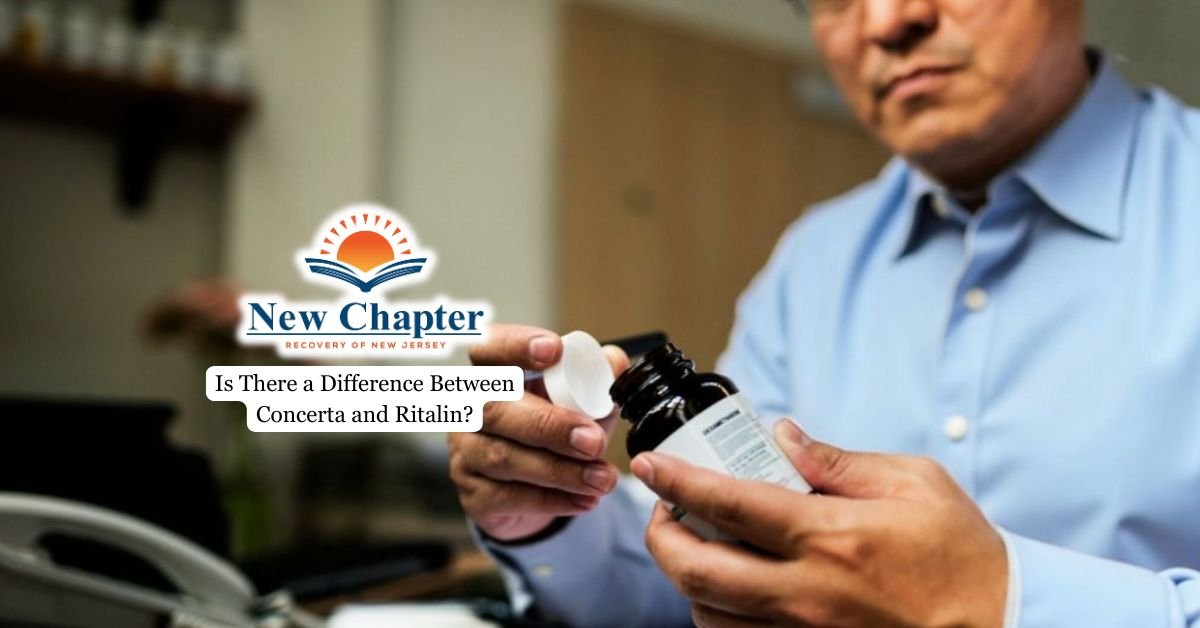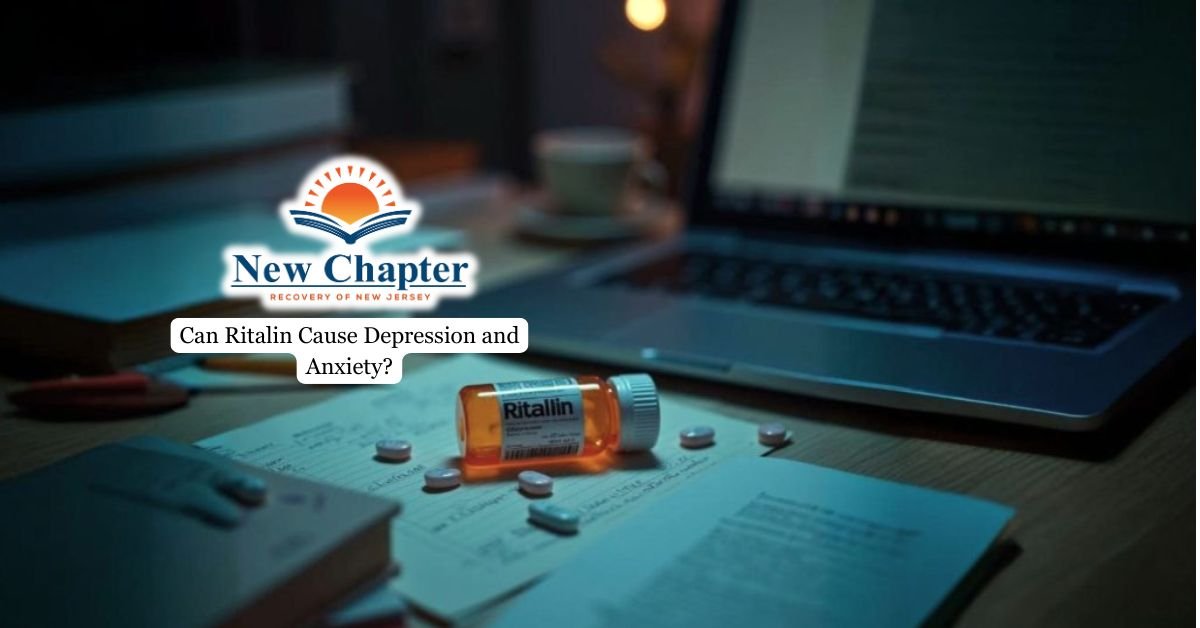Choosing the right level of care is a critical step in the journey toward mental health or addiction recovery. For many individuals and families, understanding the differences between a Partial Hospitalization Program (PHP) and inpatient treatment is essential for making an informed decision.
In this article, we’ll uncover the key differences between those two popular treatment options and the ideal type of candidates for either PHP or inpatient care.

Living Arrangements and Daily Structure
In inpatient treatment, individuals reside at the facility full-time, receiving 24/7 supervision and support in a highly structured environment. Their days are filled with scheduled therapy sessions, including both individual and group therapy, along with other therapeutic activities and medical management, all within the facility. This immersive approach is designed for those who require the highest levels of care and a safe, controlled setting, often for severe cases or when a supportive home environment is lacking.
In contrast, Partial Hospitalization Programs offer structured treatment that closely mirrors the intensity of inpatient care but with a key difference: participants attend the program for several hours each day, typically five days a week, and then return home or to a supportive living environment in the evenings. Programs typically include a full schedule of therapy sessions, group therapy, skill-building workshops, and medication management, delivered by a multidisciplinary team. This model allows individuals to maintain connections to family, work, or school, providing flexibility while still offering a high level of care.
Time Commitment
Inpatient or residential treatment is considered a higher level of care, requiring individuals to live onsite and participate in intensive treatment around the clock. Participants are removed from outside responsibilities and distractions for the duration of their stay, which typically ranges from 5 to 14 days for crisis stabilization but can be longer for ongoing residential programs.
In contrast, PHPs are classified as outpatient programs but still offer a high level of structured treatment, usually requiring attendance five days a week for at least five hours each day.
While the commitment is substantial—often totaling 25 or more hours weekly—participants in PHP return home each evening, allowing them to maintain some daily routines and responsibilities outside of treatment.
Family and Friends Involvement
In inpatient treatment, programs provide a highly structured environment where family involvement is typically facilitated through scheduled therapy sessions, educational workshops, and supervised visitation. This immersive setting allows families to participate in multi-family therapy and process group therapy, helping to address enabling behaviors, rebuild trust, and establish healthy communication patterns.
The residential nature of inpatient care means that family engagement is often more formalized and guided by professionals, offering opportunities for families to learn about addiction, support their loved one, and actively participate in relapse prevention planning.
In contrast, PHP programs provide intensive addiction treatment during the day while allowing individuals to return home in the evenings.
This structure enables more frequent and informal contact with family and friends, integrating the support system into daily recovery efforts. PHPs often encourage family involvement through therapy sessions and educational resources, but the level of engagement is generally more flexible and dependent on the individual’s home environment.
Because participants spend nights and weekends at home, families play a critical role in reinforcing relapse prevention strategies and maintaining a supportive, substance-free environment outside of treatment hours.

Cost Difference Between PHP and Inpatient Treatment
Inpatient or residential rehab is the most intensive level of addiction or mental health treatment, providing 24/7 supervision, accommodations, and comprehensive medical and therapeutic support. This higher level of care comes with substantial costs, typically ranging from $15,000 to $60,000 for a standard 30-day stay, or about $500 to $2,000 per day, depending on the facility, services, and location.
In contrast, PHP treatment offers a step down in intensity and cost. The average cost for a PHP ranges from $7,000 to $20,000 per month, making it significantly less expensive than inpatient care while still offering a robust treatment schedule.
PHP is generally more accessible for individuals who do not require overnight supervision but still need more support than an intensive outpatient program (IOP) or standard outpatient treatment can provide. Insurance coverage and financial assistance options are often available for both levels of care, but PHP’s lower overall cost and flexibility make it a more viable option for many seeking intensive mental health or addiction treatment without the financial and logistical barriers of residential care.
Who is Best Suited for Each Program
Inpatient treatment is indicated for individuals with severe substance use disorders or acute mental health conditions requiring 24-hour medical supervision. This includes those needing medically supervised detoxification, experiencing active psychosis or suicidal ideation, or presenting with significant withdrawal risk.
Partial hospitalization programs serve individuals who require intensive treatment but maintain sufficient stability to reside at home.
PHP candidates typically include those stepping down from inpatient care or experiencing moderate symptoms that interfere with daily functioning but don’t pose immediate safety concerns. Suitable candidates demonstrate basic self-care abilities, have secure housing, and can safely manage overnight hours without professional supervision.
Final Thoughts from New Chapter Recovery
Choosing between PHP and inpatient treatment is a significant decision on the path to lasting recovery, and New Chapter Recovery’s Partial Hospitalization Program offers a unique approach for those seeking intensive support without full residential care.
Unlike inpatient rehab, which requires clients to live onsite for round-the-clock supervision, PHP at New Chapter provides a structured treatment plan that includes six hours of daily programming, five days a week, while allowing participants to return home or to a supportive environment each evening. This model blends the benefits of intensive behavioral health services—such as therapy sessions, group support, and individualized coping strategies—with the flexibility of outpatient treatment.






